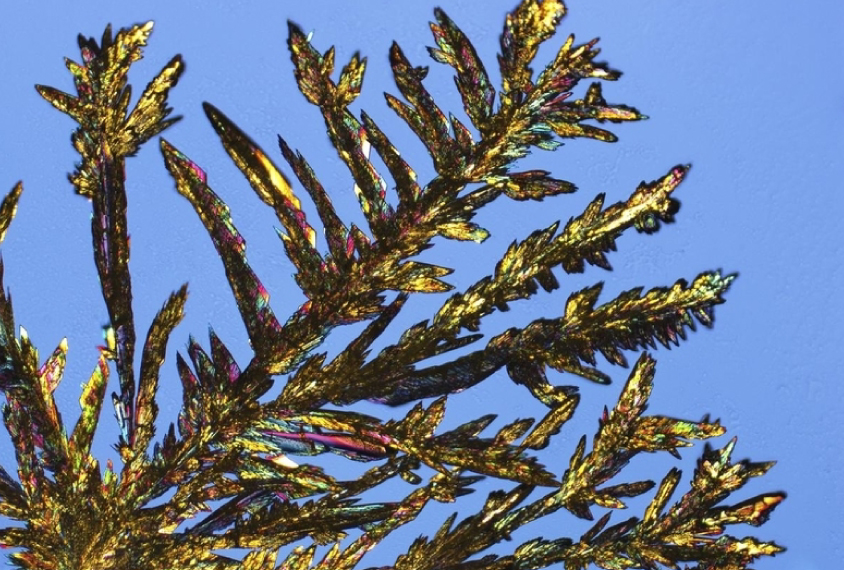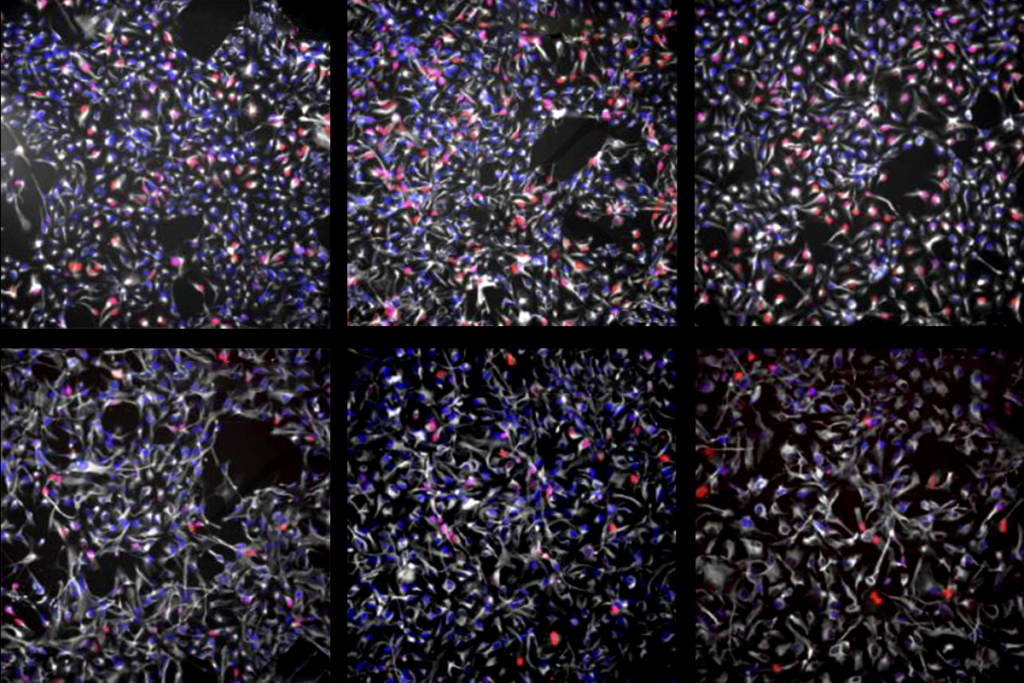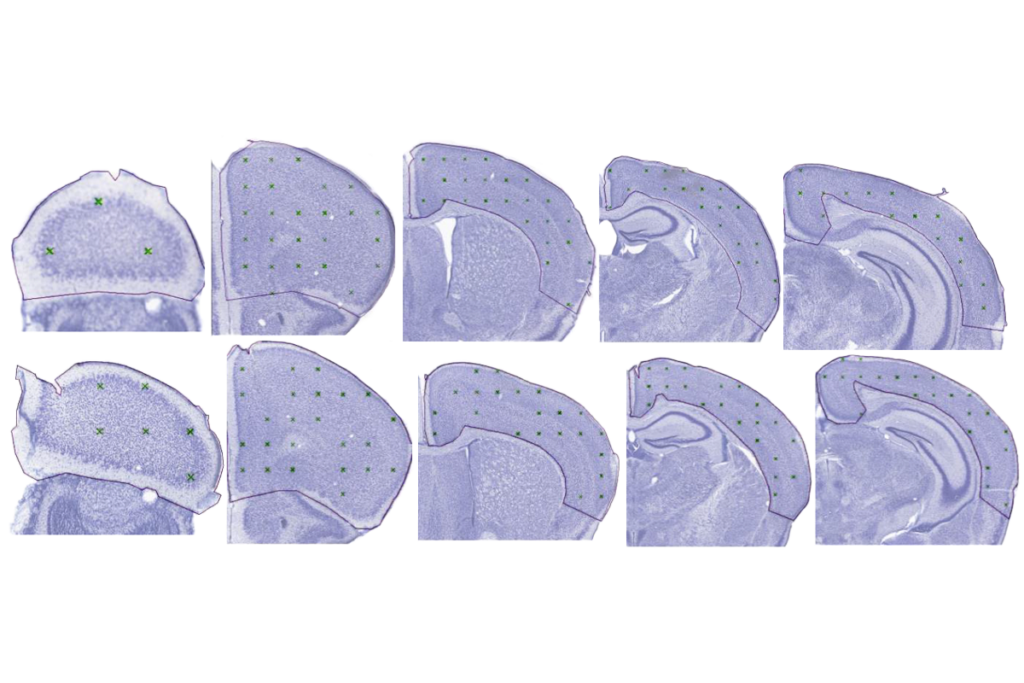
Optimism, confusion greet federal fast track for autism drug
The U.S. Food and Drug Administration has granted a rare ‘breakthrough therapy’ designation for a drug that may ease some features of autism.
The U.S. Food and Drug Administration (FDA) has granted the Swiss drug company Roche a rare ‘breakthrough therapy’ designation for a drug that may ease some features of autism.
The breakthrough designation means that the drug, balovaptan, can move more quickly to FDA approval. Experts are hopeful about the drug’s new status but say the tests used to assess it are less than ideal and the drug’s mode of action is a puzzle.
“The drug has promise,” says Lawrence Scahill, professor of pediatrics at Emory University in Atlanta, who is not involved in development of balovaptan. But he expresses some reservations about how the researchers measured balovaptan’s effects.
Regardless of what happens with this drug, the ruling is a positive development in autism therapy, says Larry Young, professor of psychiatry at Emory, who also was not involved in the Roche study. “Whether [the results] are positive or negative, they’ll still move the field along a little bit.”
The FDA’s decision is based on results from early trials of balovaptan (developed as RG7314) in which the drug improved some social interaction and communication difficulties in adults with autism. Trials with children and adolescents are underway.
There are no drugs approved for the core features of autism. Two drugs, risperidone and aripiprazole, are approved for treating irritability associated with autism.
Balovaptan blocks a receptor in the brain for the hormone vasopressin, a cousin to oxytocin, which is thought to strengthen social bonds. Vasopressin also influences social bonding.
Social promise:
In Roche’s trial of balovaptan in adults with autism, 223 men on the spectrum took 1.5, 4 or 10 milligrams of the drug or a placebo every day for 12 weeks.
Caregivers rated the men’s social abilities on the Social Responsiveness Scale 2 (SRS) — the trial’s primary outcome measure — before and after the trial. Investigators also administered a scale called the Vineland Adaptive Behavior Scales, which measures how an individual adapts to social changes and navigates life’s day-to-day demands.
The trial showed no benefit for the drug on the SRS, but the men who took the drug scored four or five points higher on the Vineland Adaptive Behavior Scales than did those who got the placebo. The improvement reflects a small but clinically significant effect on social interaction and communication, says Federico Bolognani, the Roche investigator who led the trial. It is unclear why the participants showed improvement on this measure but not on the SRS.
Other research has indicated some effects on social skills from altering vasopressin activity in people with autism. In one unpublished study, 15 children with autism showed a 13-point increase in SRS scores after sniffing a vaporized form of vasopressin twice a day for four weeks.
The 13 children in that study who inhaled a placebo did not show a significant increase in SRS scores, according to Karen Parker, associate professor of psychiatry and behavioral neurosciences at Stanford University in California, who led the study. Bolognani and Parker both presented results from their vasopressin studies at the 2017 International Meeting for Autism Research in San Francisco.
Hormonal puzzle:
Because oxytocin strengthens social bonds, most drugs based on this premise are designed to boost its levels. Drugs that target vasopressin would be expected to have a similar effect.
However, the Roche drug inhibits vasopressin’s action rather than boosting its levels. Perhaps the drug works because suppressing vasopressin lowers social anxiety, Young suggests.
In prairie voles, vasopressin promotes aggressive vigilance about social interactions. Easing this vigilance may allow oxytocin to be more effective, he says.
“[It may] allow other systems like oxytocin to play a more prominent role in facilitating social relationships,” he says.
Scahill says he finds the use of the SRS in the trials of balovaptan odd. The lengthy scale of 65 items is designed for use as a screening measure for a population, not as an outcome measure in people already diagnosed with autism, he says.
And the Vineland is also a confusing choice: The measure asks parents about a child’s behavior in the previous six months, so its use in a 12-week trial “doesn’t make sense,” he adds.
Roche officials anticipate filing for approval to market balovaptan no earlier than 2020. Bolognani says Roche plans to move into the next phase of trials for the drug but did not specify when.
Corrections
A previous version of this story stated that Roche anticipates filing for approval to market balovaptan by 2020.
Recommended reading

INSAR takes ‘intentional break’ from annual summer webinar series

Dosage of X or Y chromosome relates to distinct outcomes; and more
Explore more from The Transmitter

Machine learning spots neural progenitors in adult human brains
Xiao-Jing Wang outlines the future of theoretical neuroscience

